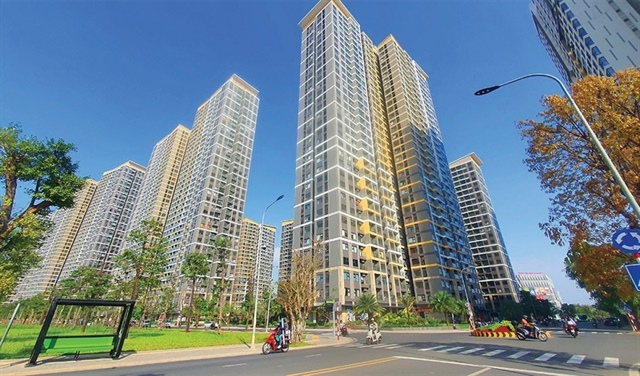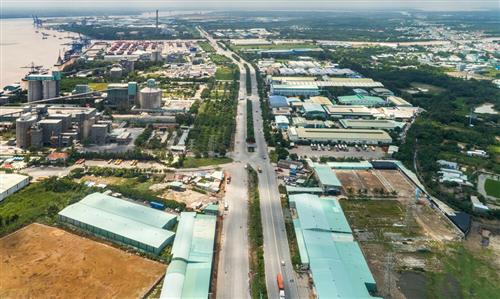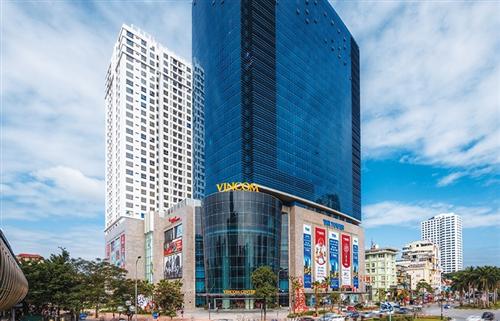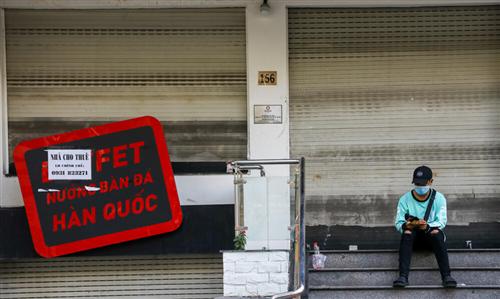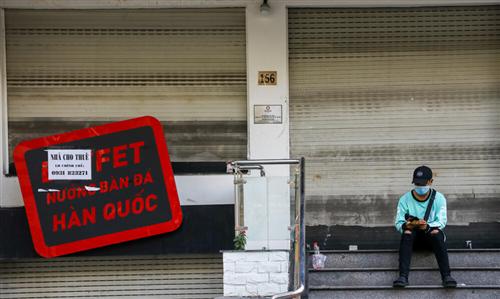Listed real estate firms’ inventories surge, industry says red tape hits development
Listed real estate firms’ inventories surge, industry says red tape hits development
The HCM City Real Estate Association (HoREA) has called on the Government to resolve problems related to legal and administrative procedures and access to funding and cut lending interest rates to revive the property market. 
The total value of unsold property inventories held just by firms listed rose to VND223.474 trillion (US$9.62 billion) last year, a 38 per cent rise from 2018, HoREA said in a report.
Twenty four of them have inventories of over VND1 trillion, four large companies have inventories of VND4.2-7.4 trillion and the top two account for 63 per cent of the value, the report says.
“Real estate inventories will become a burden for businesses and the economy.”
The inventories are due to legal problems, which have caused incomplete projects to stall and completed products to remain unsold, it explains.
Most listed real estate firms have seen profits fall in the last few years because they could not sell their products or have nothing to sell, it says.
HoREA urged the central and local governments to address the legal and administrative problems and to speed up the handling of projects subject to review and inspection so that they could be completed.
It urged developers to focus on liquidating their inventories and paying off overdue debts. They should restructure products to match people’s incomes, restructure prices and even accept losses to sell their inventories, it says.
Hundreds of real estate projects have been stalled in recent years due to cumbersome administrative procedures.
Two scenarios
According to property consultancy CBRE, the housing market this year will depend on whether the legal issues that plagued the market last year are resolved.
Vo Huynh Tuan Kiet, associate director and head of residential project marketing at CBRE Viet Nam, said thus there could either be a continuing supply shortage and escalating prices or a supply revival and competitive prices.
In the first scenario, if the legal obstacles continue to persist, inventories would decrease gradually due to a lack of new supply, prices would escalate and the suburban market might surpass the downtown market, he said.
In the second scenario, the barrier of legal risks would be removed, resulting in a surge in supply and a gradual increase to inventories, he said.
But the abundance of supply would lead to more competitive prices, he added.
According to a report by HoREA, the city currently has nearly 15,000 real estate businesses, and of its nearly 9,000 large businesses, more than 30 per cent are in property development.
In 2018-19 most real estate businesses faced difficulties, causing the market size to shrink sharply.





